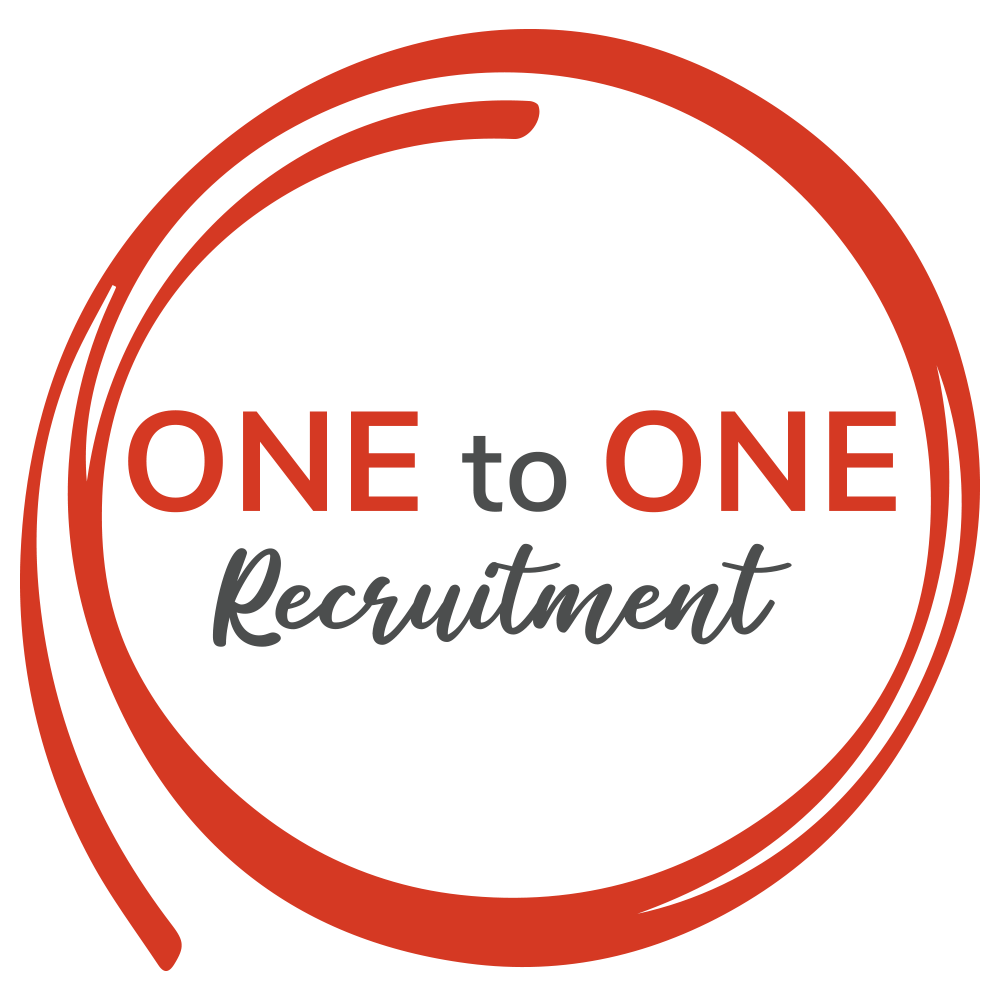In the realm of recruitment, finding the perfect candidate goes beyond just evaluating technical skills and qualifications. Soft skills, such as communication, teamwork, adaptability, and problem-solving abilities, are equally—if not more—critical for building a cohesive and successful team. In this blog, we'll delve into effective strategies for assessing soft skills during the recruitment process and ensuring that your new team member aligns with your company's values.
Define Key Soft Skills and Company Values:
Before diving into the recruitment process, it's essential to clearly define the soft skills and company values that are integral to your team's success. Consider the specific attributes and behaviours that contribute to a positive team dynamic and reflect your company culture.
Craft Behavioural Interview Questions:
Behavioural interview questions are designed to elicit examples of past behaviour, providing insight into how candidates have demonstrated key soft skills in real-world scenarios. Tailor your questions to assess qualities such as leadership, collaboration, adaptability, and problem-solving. For example: "Can you describe a time when you had to resolve a conflict within a team?" "How do you handle unexpected changes or challenges in the workplace?" "Tell us about a project where you had to collaborate with hybrid-working team members to achieve a common goal."
Utilise Assessment Tools and Exercises:
Incorporating assessment tools and exercises can offer valuable insights into a candidate's soft skills. For example, role-playing scenarios, group activities, or situational tests can provide a more comprehensive understanding of how candidates interact with others, approach challenges, and make decisions.
Evaluate Cultural Fit:
Cultural fit is essential for fostering a harmonious and productive work environment. During interviews and interactions with candidates, pay attention to their attitudes, values, and work ethic to gauge how well they align with your company culture. Consider inviting candidates to meet with team members or participate in team activities to assess compatibility.
Seek References and Feedback:
Don't underestimate the value of seeking references and gathering feedback from previous employers or colleagues. Reach out to references to gain insights into a candidate's soft skills, work habits, and overall performance. Additionally, consider involving current team members in the recruitment process to gather their input on potential new additions to the team.
Provide Opportunities for Skills Assessment:
If recruiting multiple team members, consider offering candidates opportunities to showcase their soft skills through practical assessments. This could involve project-based assignments or simulations where candidates can demonstrate their abilities in a real-world setting.
Continuously Develop and Refine Your Process:
Recruiting for soft skills is an ongoing process that requires continuous learning and refinement. Solicit feedback from hiring managers, team members, and candidates to identify areas for improvement in your assessment methods and ensure that they accurately capture the desired soft skills and values.
By defining key soft skills, crafting behavioural interview questions, utilising assessment tools, evaluating cultural fit, seeking references and feedback, providing skills assessment opportunities, and continuously refining your process, you can identify candidates who not only possess the necessary technical qualifications but also demonstrate the interpersonal qualities and attributes that contribute to a thriving work environment.
If we can help with any aspect of your recruitment process, do feel free to call us on 01904 769142.
